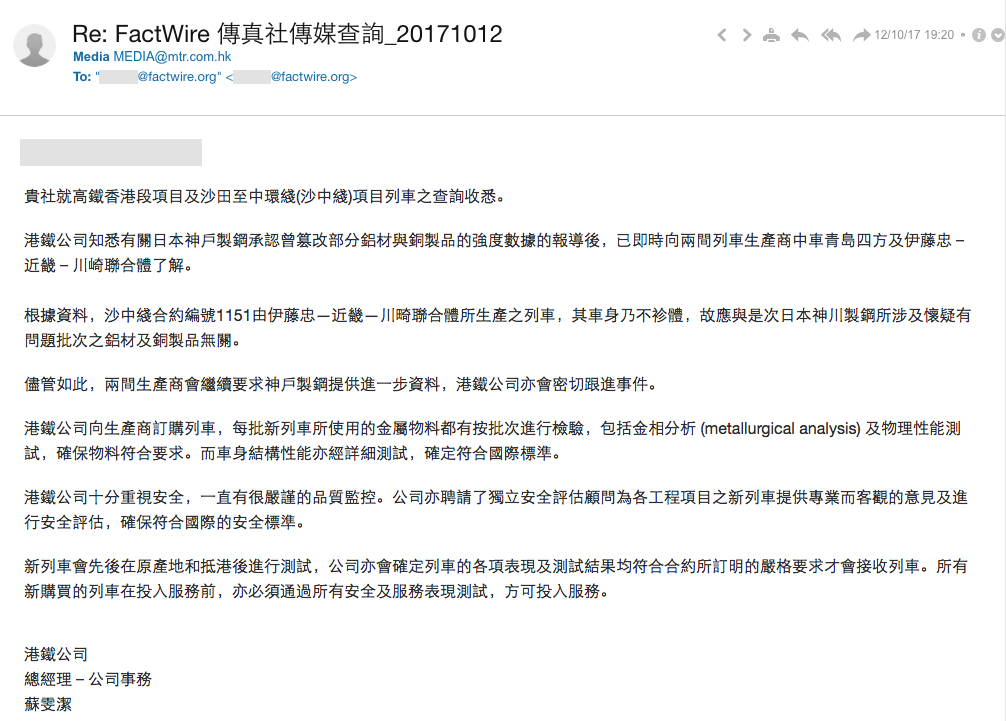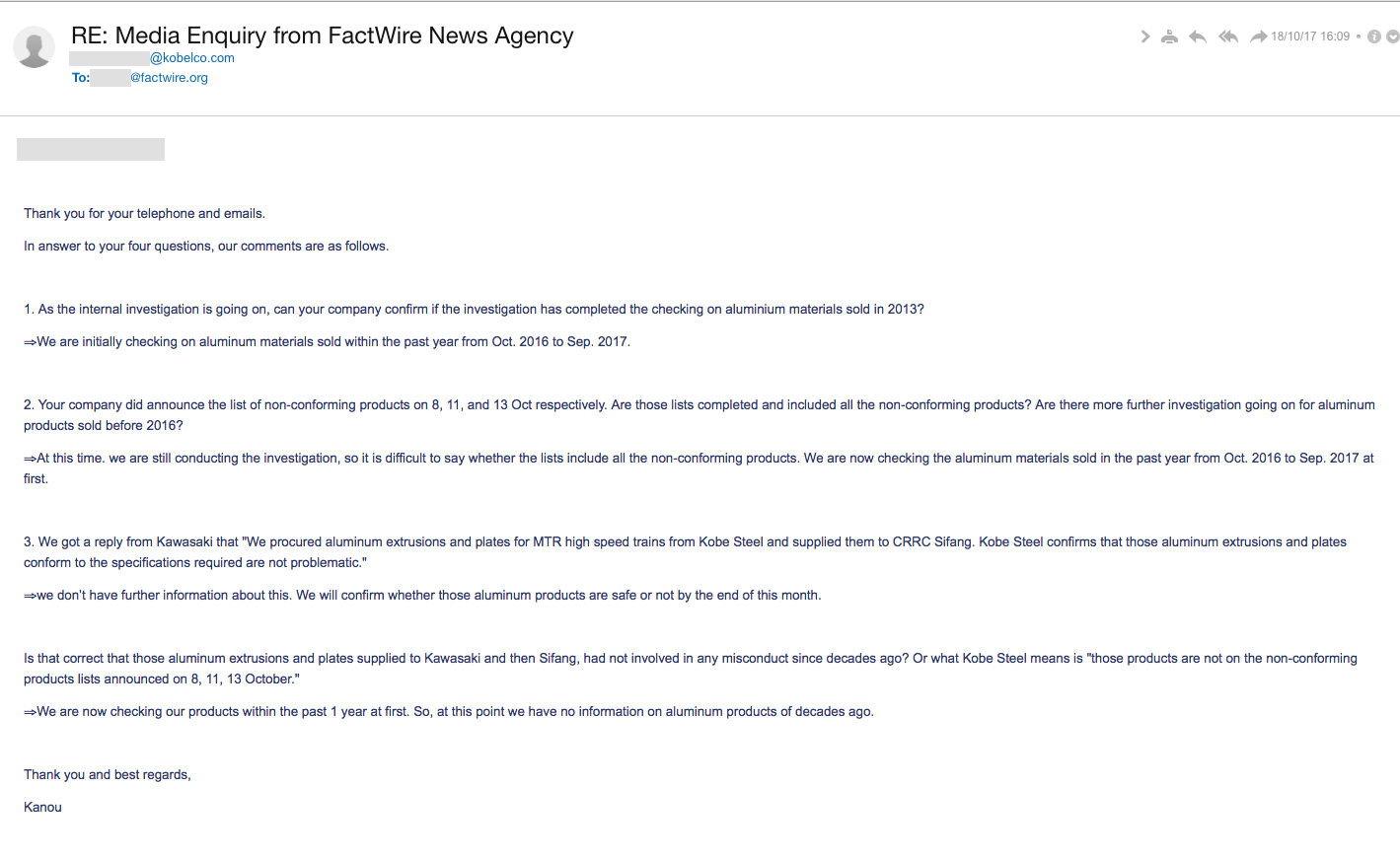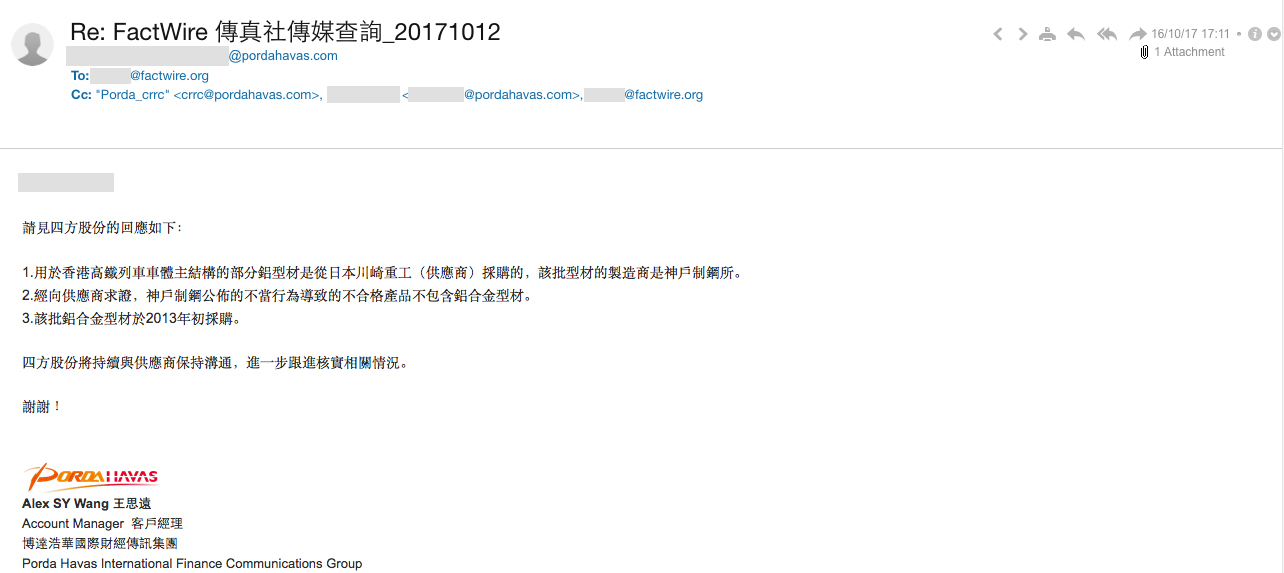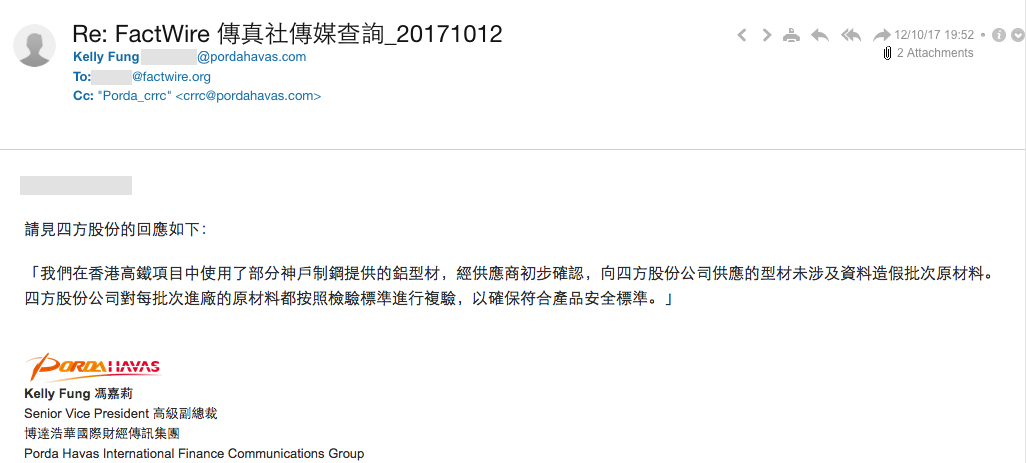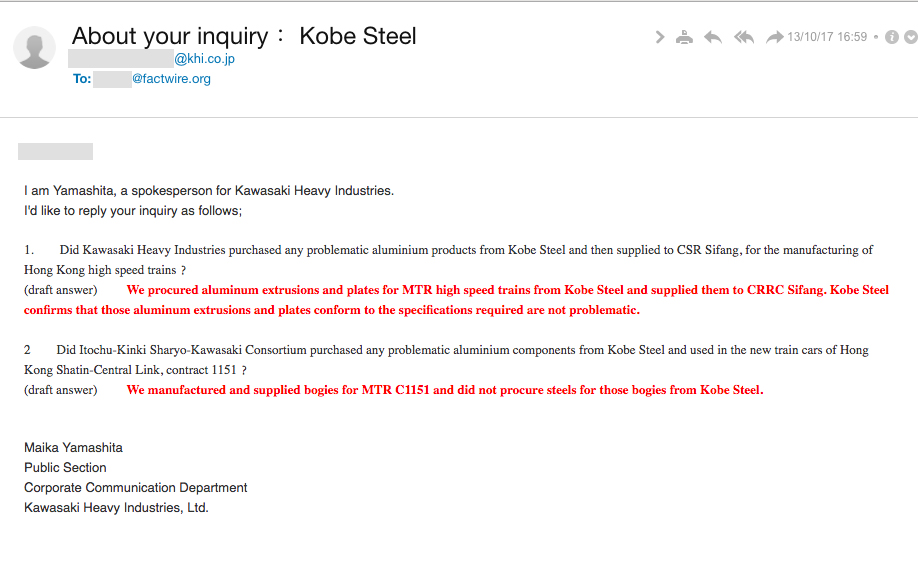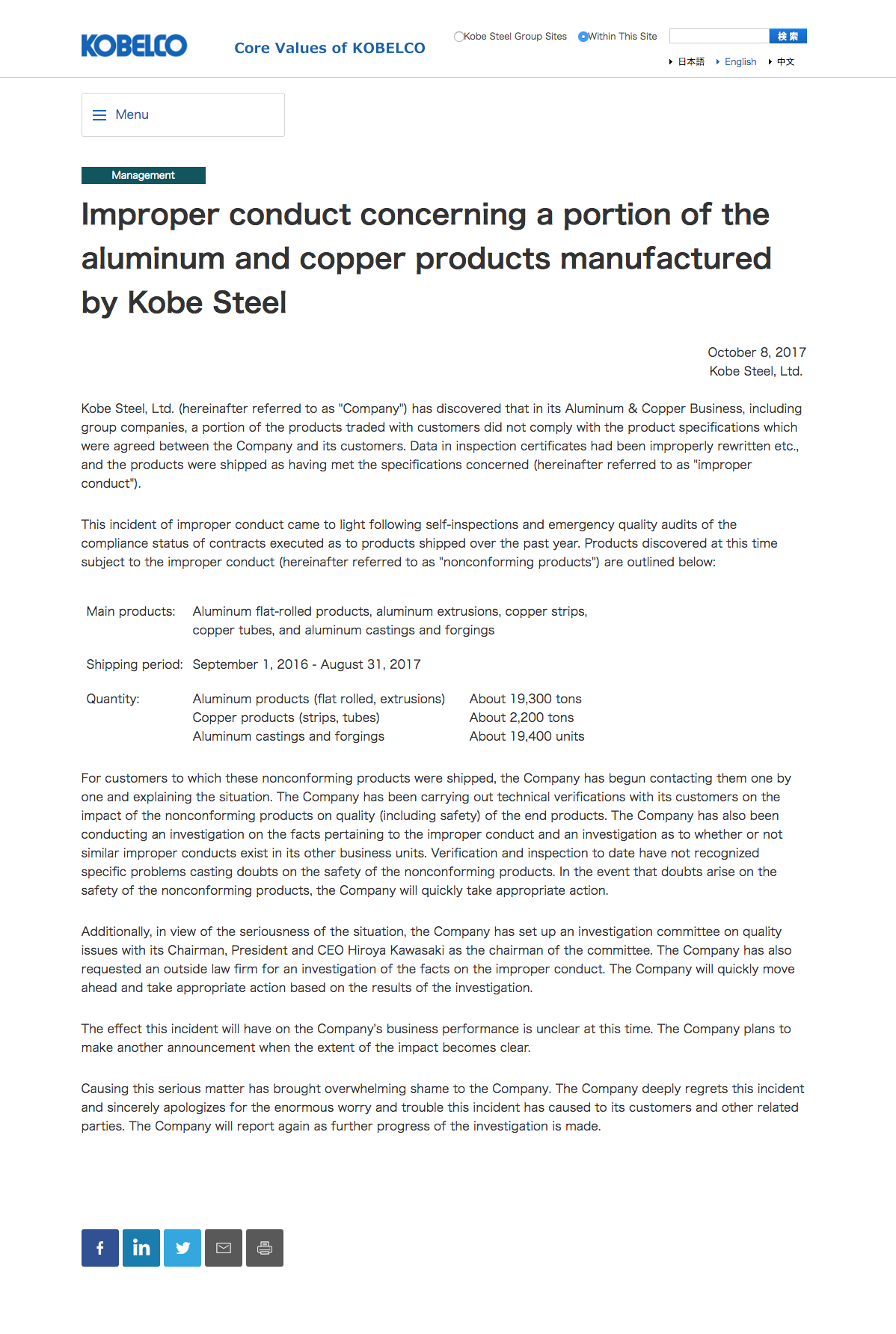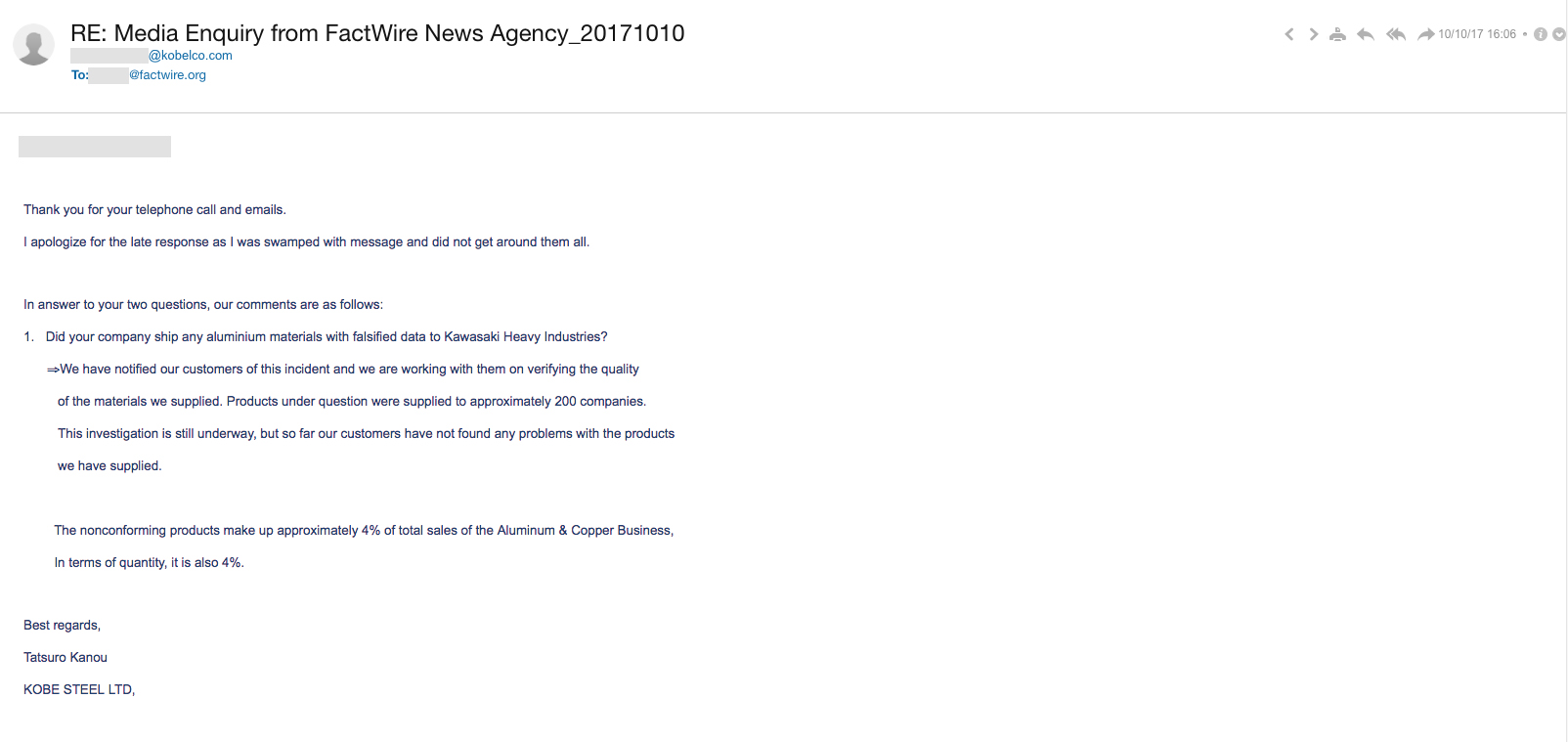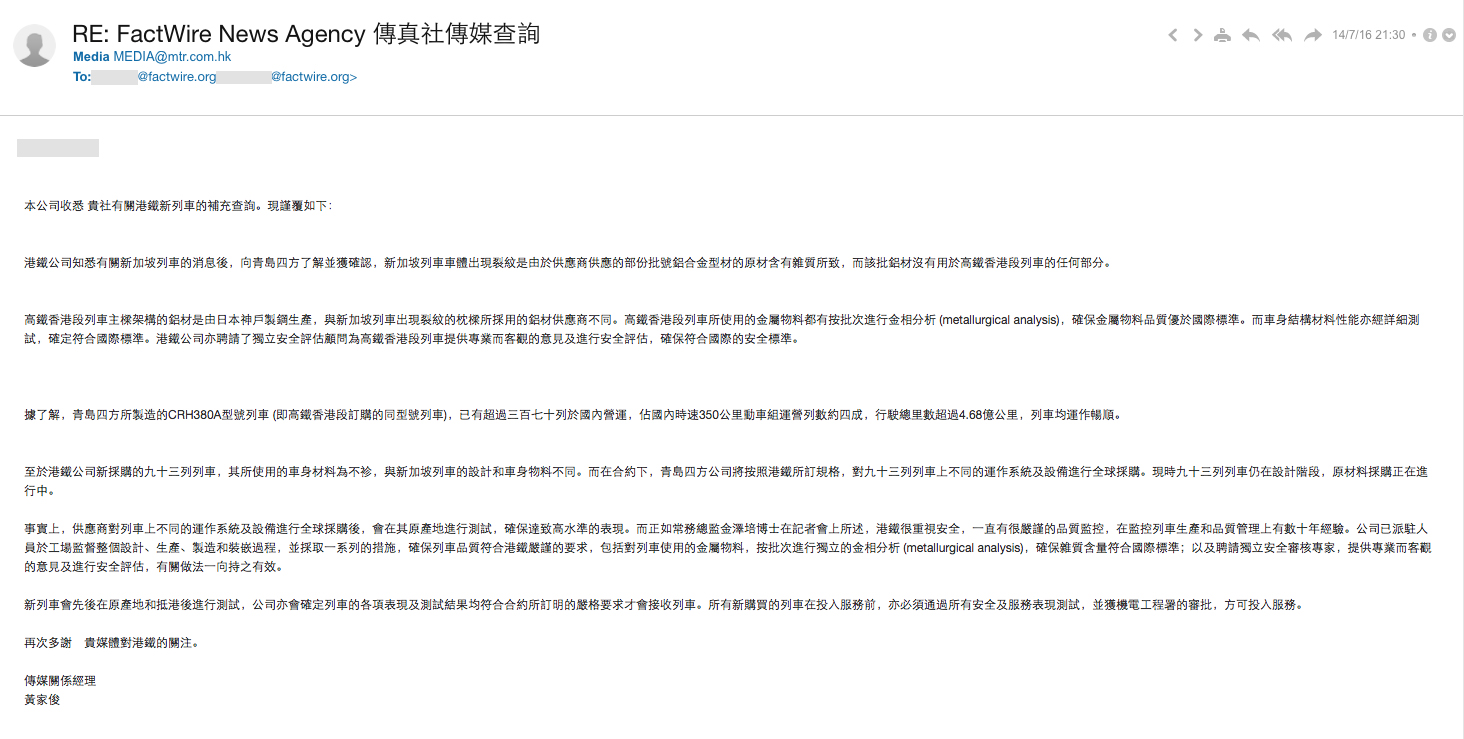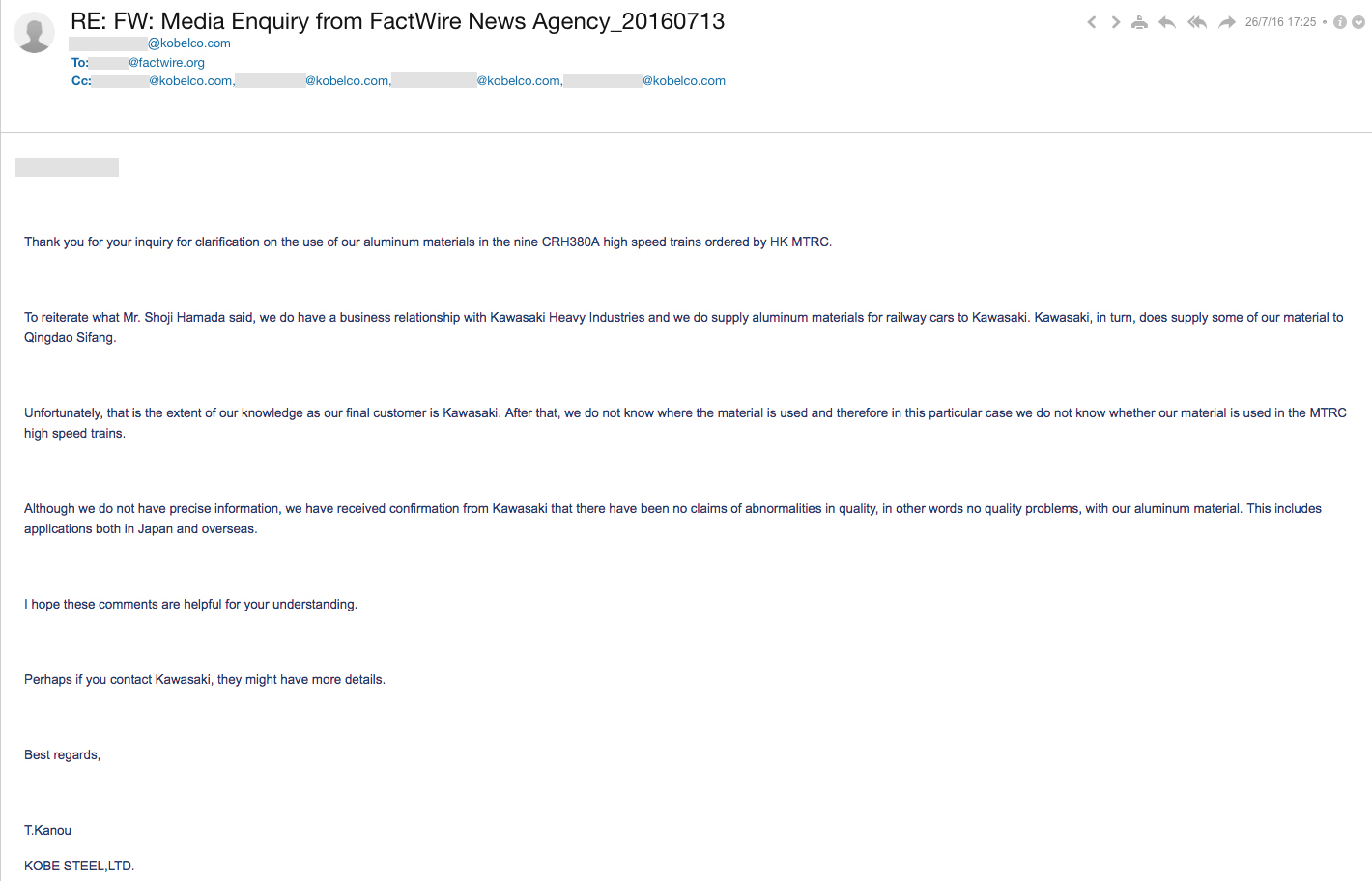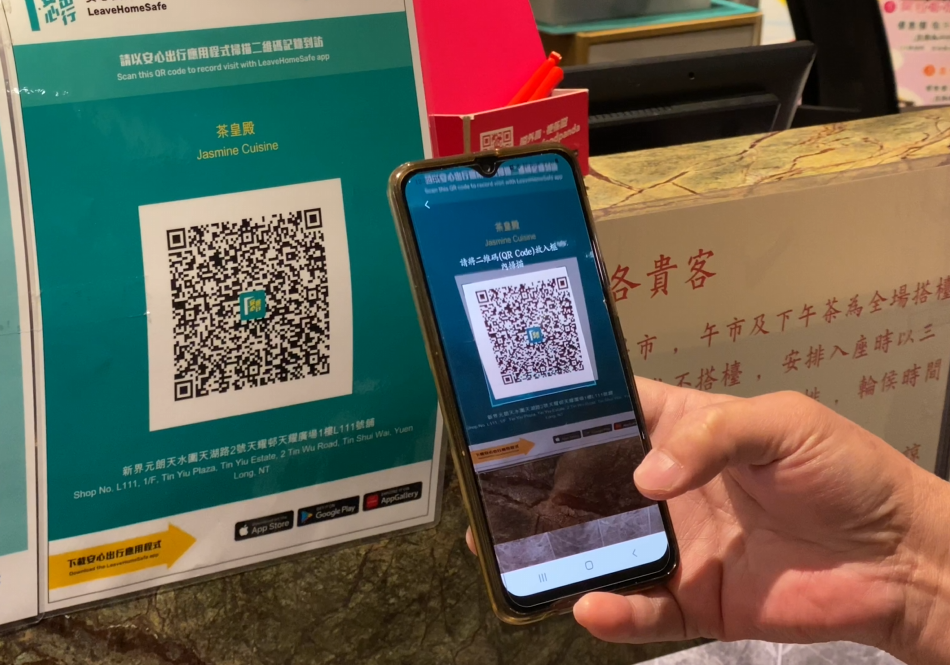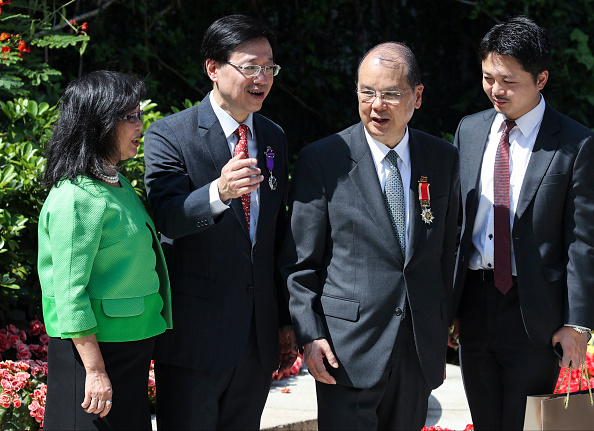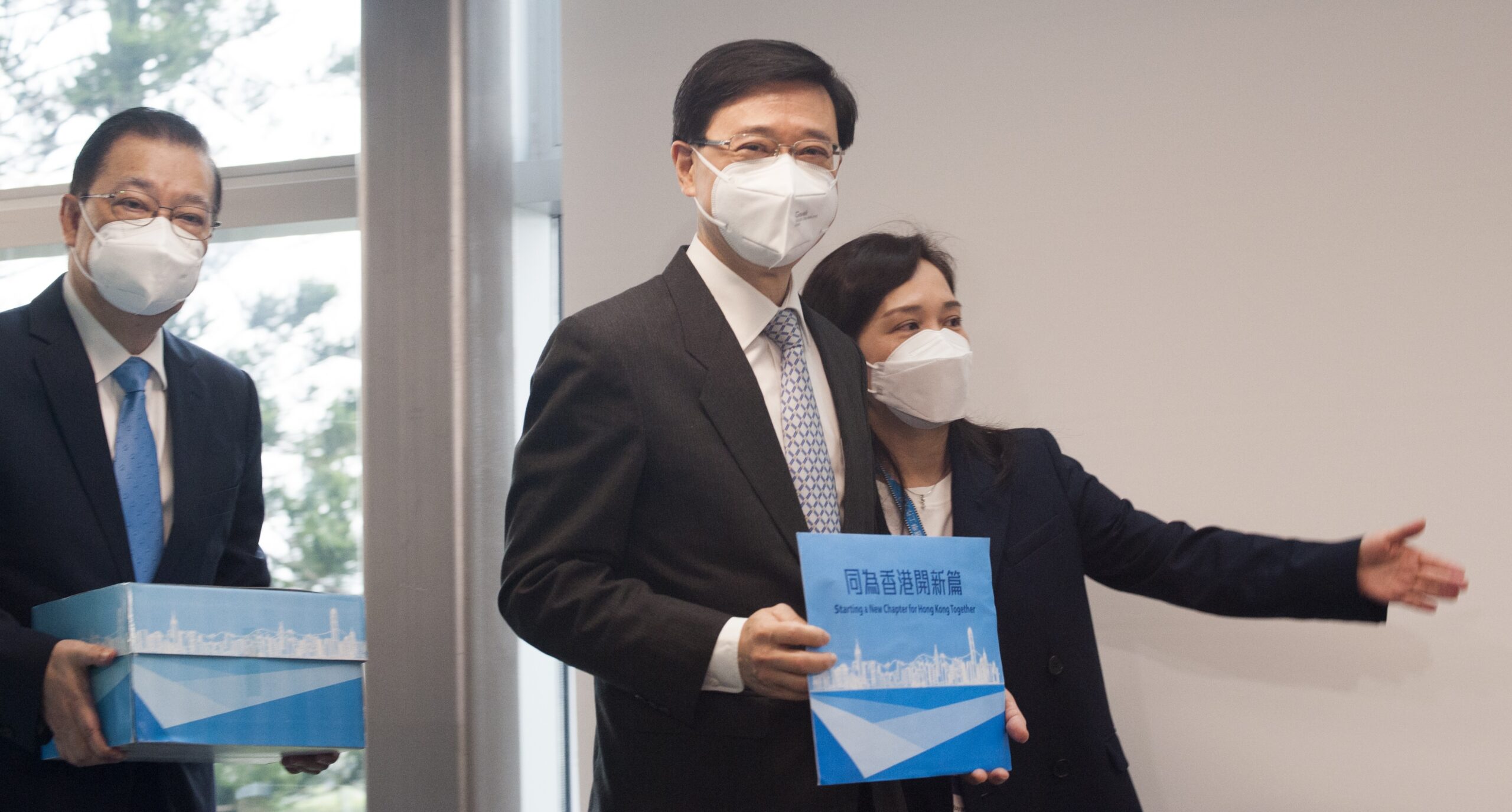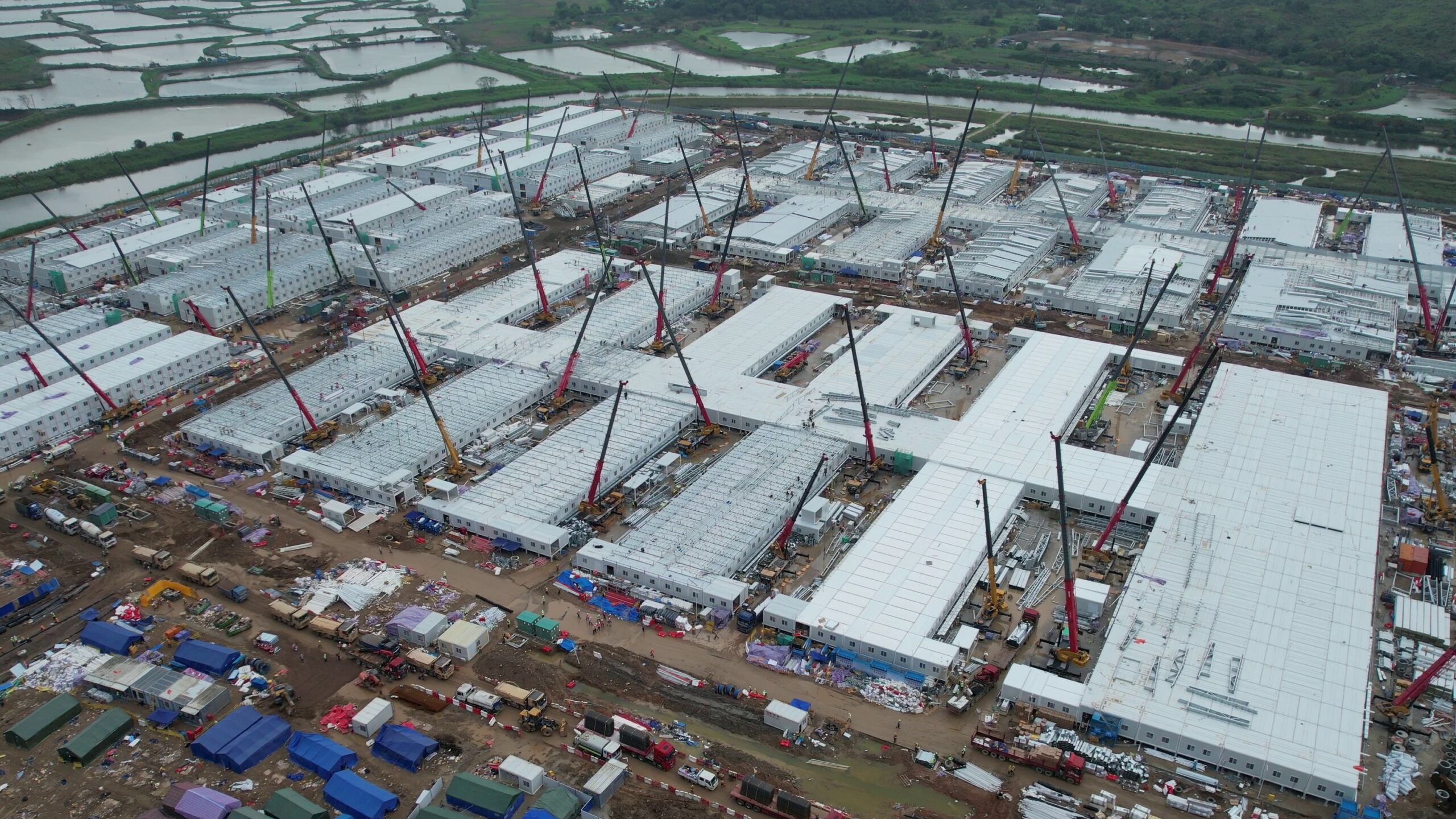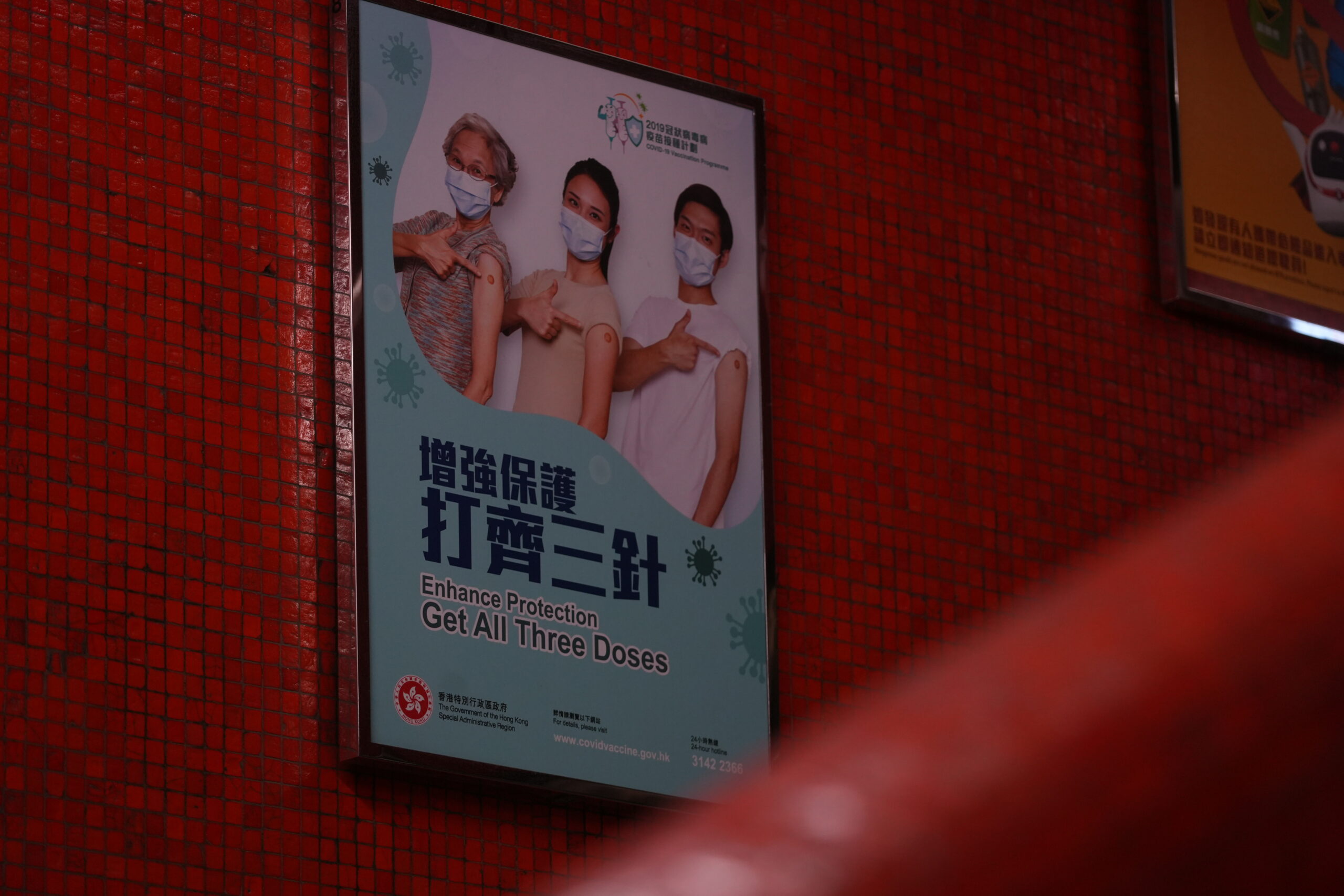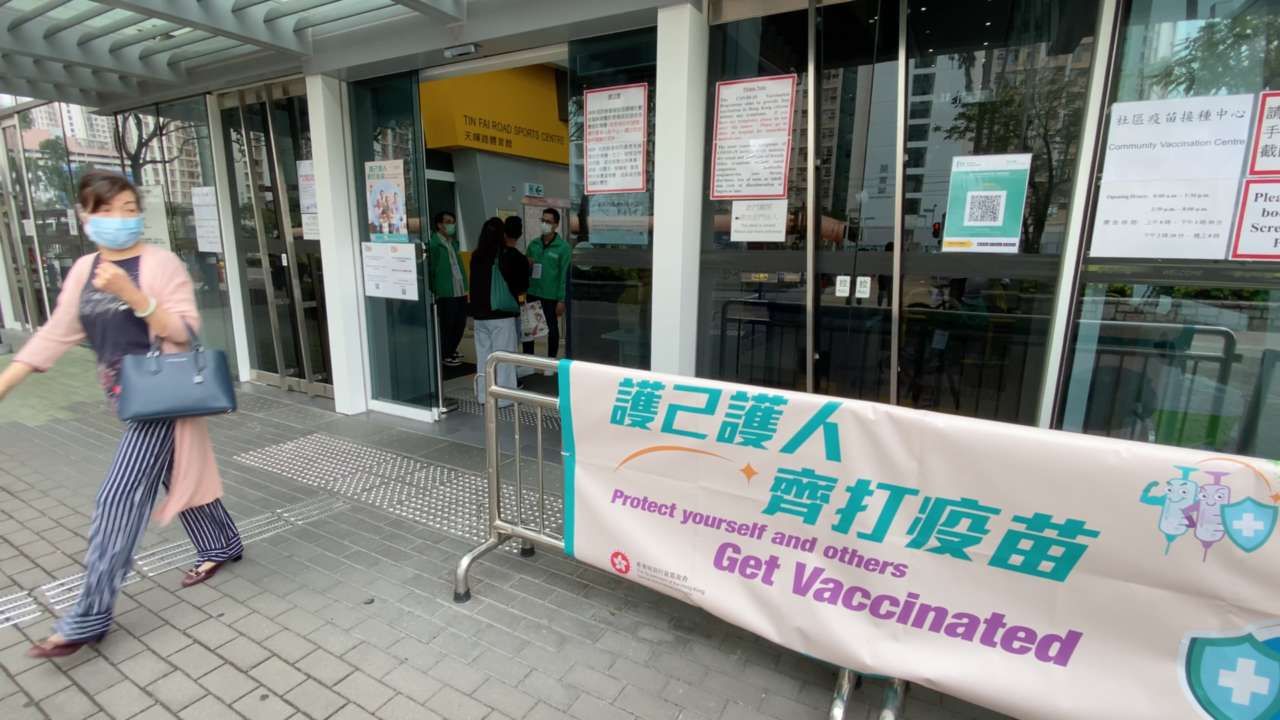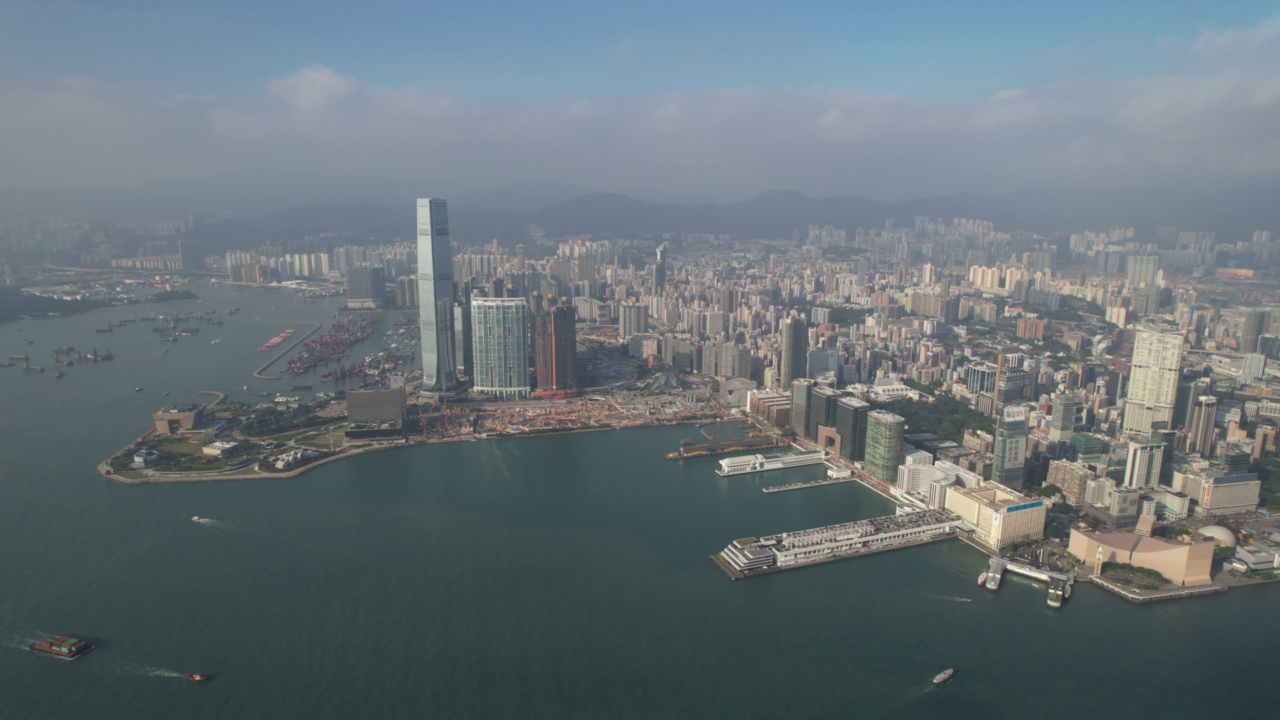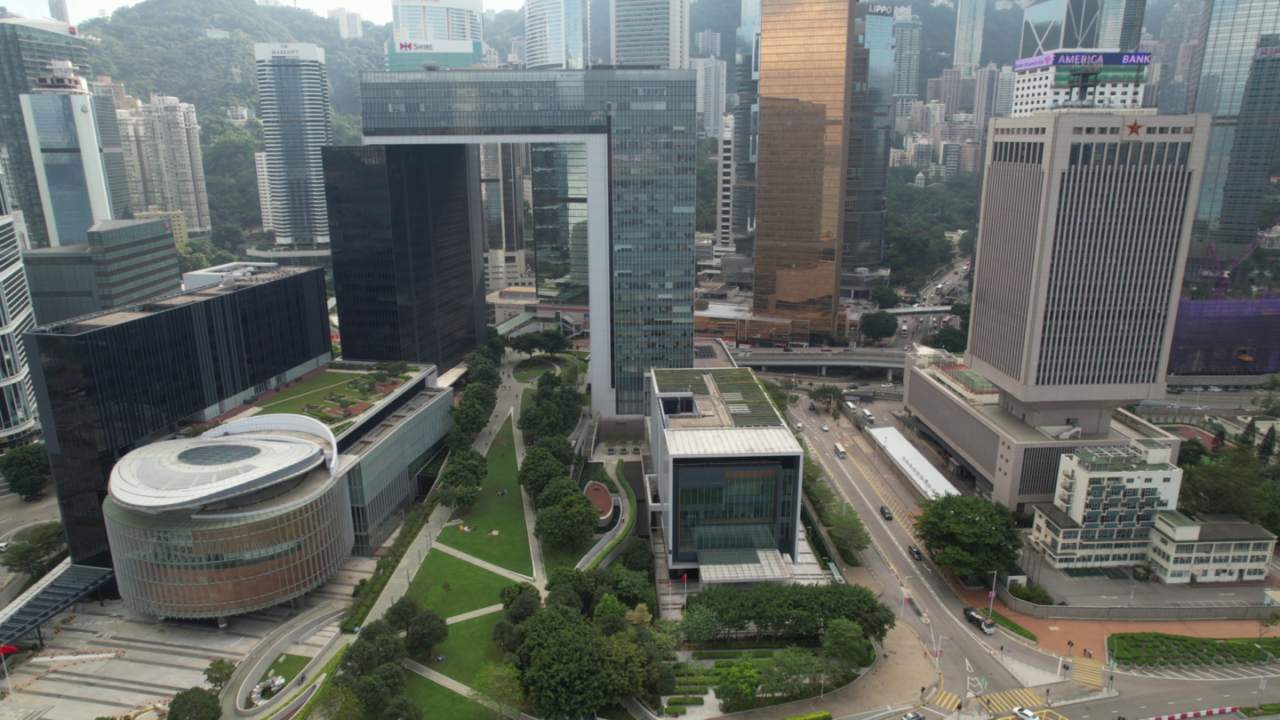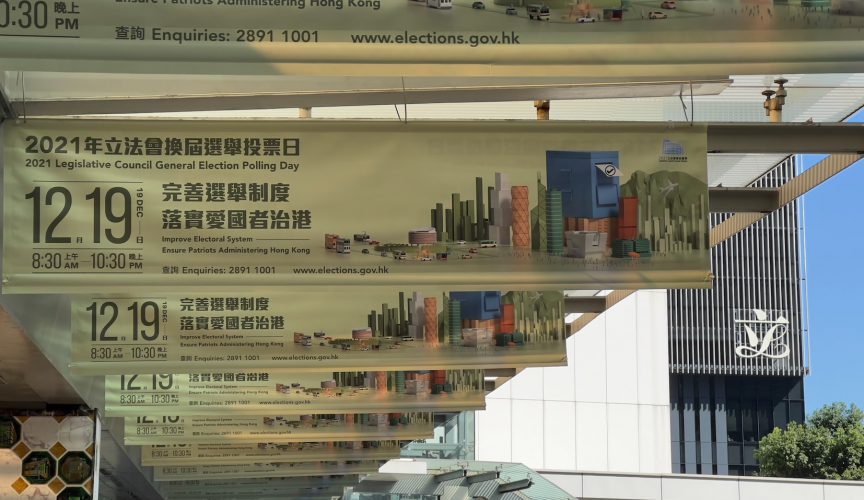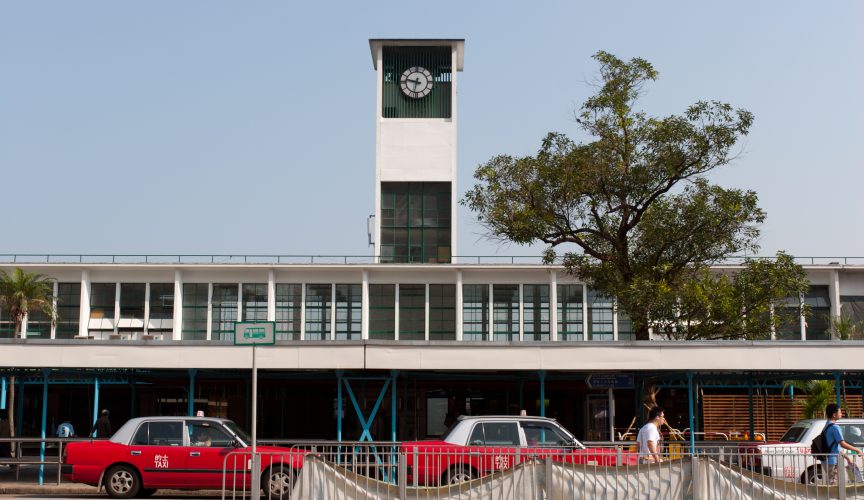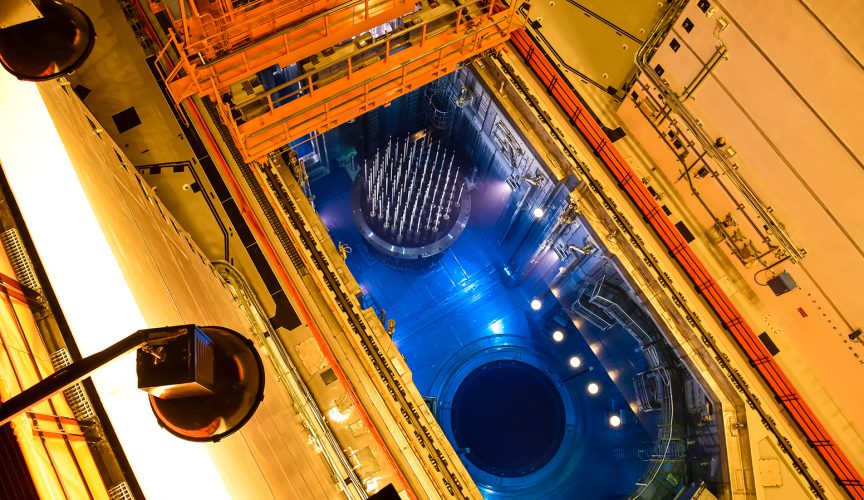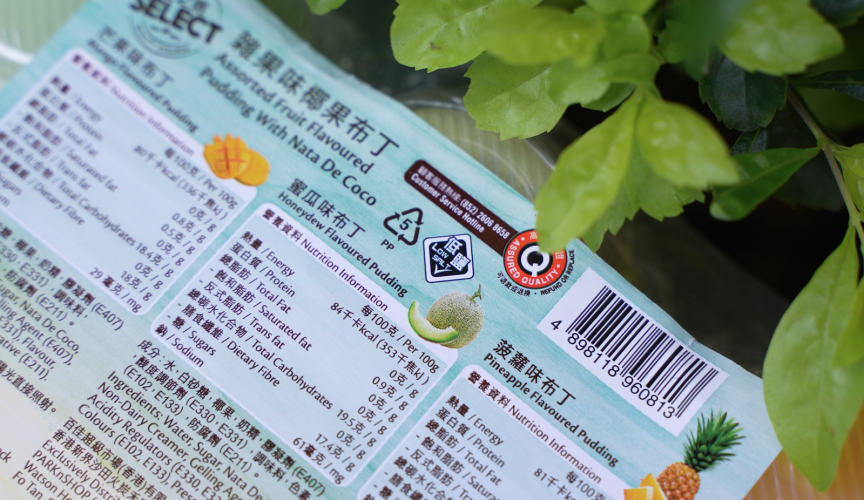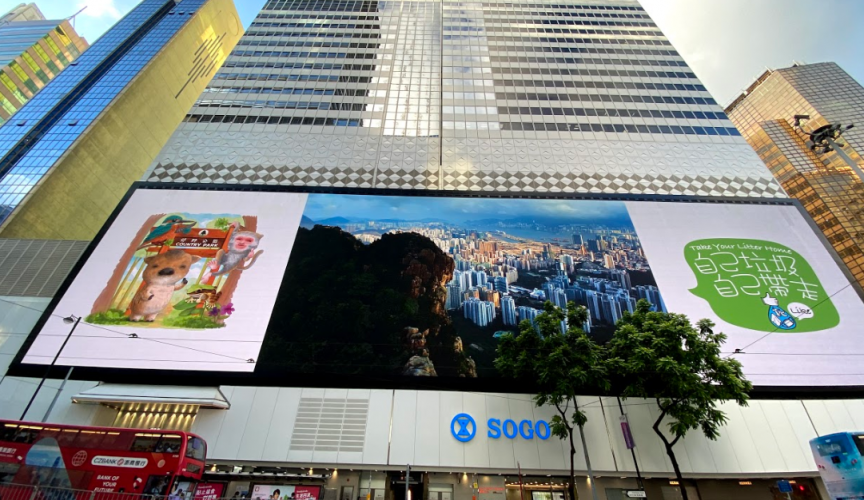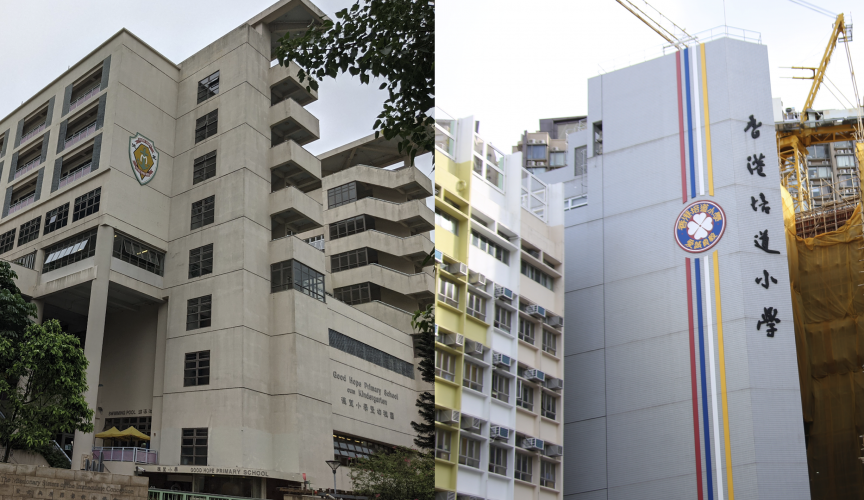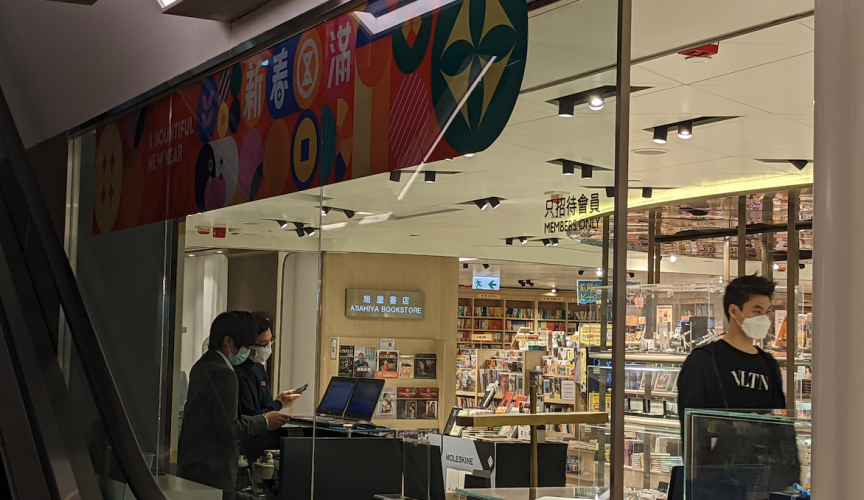The Japanese steel maker admitted earlier that it had falsified inspection data of some aluminium and copper products
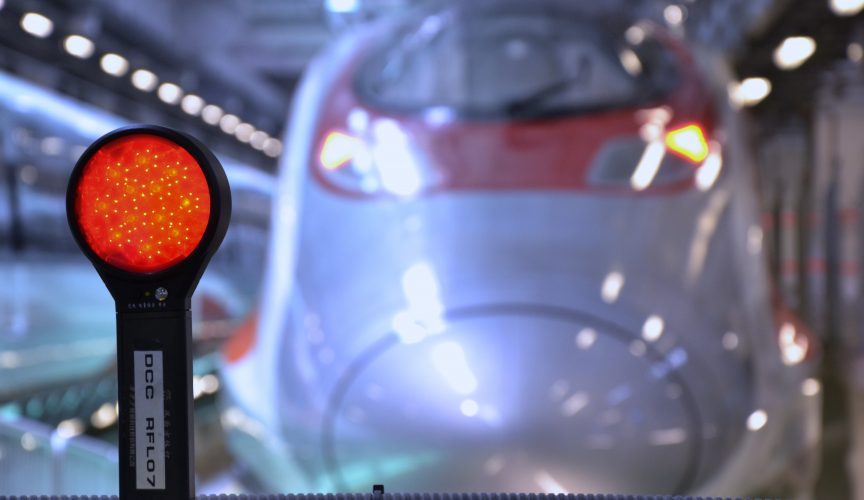
Hong Kong’s high-speed trains had used aluminium products from beleaguered Kobe Steel, MTR and Chinese train manufacturer told FactWire.
But it remains unclear whether they were falsely certified by the Japanese steel maker as its fake data scandal continues to widen.
Kobe Steel admitted earlier this month that some of its aluminium and copper products did not meet customer specifications and it had falsified inspection data about their strength and durability.
Practice of data manipulation could date back as far as 10 years, it said.
The number of affected firms across the globe have since risen to 500 as more products were found to be substandard, hitting the aviation, auto and train industries.
MTR and Kobe Steel confirmed with FactWire in July last year that the latter’s aluminium was used for the main structural frames of Hong Kong’s high-speed trains, which will run on the Guangzhou-Shenzhen-Hong Kong Express Rail Link (XRL).
Qingdao Sifang, the Chinese manufacturer of the trains, procured the material in early 2013.
Kobe Steel told FactWire yesterday that they were still inspecting aluminium products shipped over the past year and could only confirm whether the aluminium used in XRL trains were safe by the end of this month.
In July last year, FactWire revealed that 35 of Singapore’s metro trains had cracks on their bodies and in key structural components. They were being shipped back to Qingdao Sifang, which manufactured the rolling stocks together with Kawasaki Heavy Industries and its Singapore subsidiary, for repairs.
At the time, MTR said in a press release that, unlike Singapore’s defective trains, the aluminium used for the main structural frames of Qingdao Sifang’s XRL trains was imported from a Japanese supplier.
The railway operator then identified Kobe Steel as the supplier in a later email to FactWire.
When approached for comment, the Japanese steel maker replied that it had a ‘business relationship’ with Kawasaki Heavy Industries to which it supplied aluminium for railway cars. Kawasaki, in turn, supplied some of its material to Qingdao Sifang.
Kobe Steel added that Kawasaki was its final customer and therefore had no knowledge about where the material was used or whether it was used in MTR’s high-speed trains.
The responses from the two companies suggested Qingdao Sifang had indirectly purchased aluminium products from Kobe Steel through Kawasaki Heavy Industries to manufacture the main structural frames of XRL trains.
However, it is less clear whether falsely certified aluminium was used in the nine high-speed trains sold to MTR.
Kobe Steel admitted in a press conference on 8 October that its aluminium factories in Tochigi, Mie and Yamaguchi prefectures had systematically falsified quality data on some aluminium and copper products that did not meet customer specifications.
The products in question were shipped between September 2016 and August 2017 and accounted for about 4% of total sales in the affected businesses that year.
The scandal has widen since 13 October as the company said 500 companies were now known to be affected, more than double its earlier count, with 13 products in total found to have been shipped with falsified data. The improprieties also took place at plants in China, Malaysia and Thailand.
For aluminium and copper, Kobe Steel has to date only revealed cases of data fabrication that happened over the past year, but it admitted the problems could stretch back a decade.
It also did not name the hundreds of companies that were affected by the scandal.
When contacted for clarification, Kobe Steel said on 10 October it had notified its customers and was working with them on verifying the quality of the materials it supplied.
‘This investigation is still underway, but so far our customers have not found any problems with the products we have supplied,’ a spokesperson for Kobe Steel initially said by email.
MTR then said on 12 October that it would closely monitor the situation while its train manufacturing partner continued to request more information from Kobe Steel.
It also added that it had perform metallurgical analysis on the metals used in XRL trains to ensure they meet quality standards.
The Transport and Housing Bureau also replied on the same day that it had enquired MTR about the matter and understood that the railway operator had requested further information from the manufacturer.
However, Qingdao Sifang, told FactWire in the evening that day as well as on 16 October that Kawasaki confirmed with them ‘the material supplied (by Kobe Steel) was not in the affected shipments’
‘Aluminium extrusions and plates are not included in the non-conforming products with improper conduct published by Kobe Steel’, a spokesperson for the train maker said.
Kawasaki also said twice, on 13 and 18 October, that Kobe Steel confirmed those ‘aluminium extrusions and plates conform to the specifications required and are not problematic’.
However, Kobe Steel, which had said investigation was still underway, then provided a different answer from the two companies.
A Kobe Steel spokesperson told FactWire on 18 October that it was currently inspecting aluminium products sold over the past year and could not confirm whether any products sold before then were problematic.
‘At this time, we are still conducting the investigation, so it is difficult to say whether the lists (on 8, 11 and 13 October) include all the non-conforming products.
‘We are now checking the aluminum materials sold in the past year from October 2016 to September 2017 at first.
‘We will confirm whether those aluminum products are safe or not by the end of this month,’ he said.
Kobe Steel is the third largest steel maker in Japan. So far, the aluminium and copper materials that were shipped with falsified data over the past year include 19,300 tons of aluminium products, 2,200 tons of copper products and 19,400 units of aluminium forgings and castings. The misconduct was also related to iron ore powder, steel wires and other steel products.
The Kobe Steel scandal has reverberated across a number of industries in Japan and overseas as it continues to unfold.
Japan’s Ministry of Economy, Trade and Industry said the compromised parts were used in defence equipment. High-speed trains exported to Britain as well as bullet trains in Japan also contained problematic materials according to Hitachi. Mitsubishi said it has used Kobe Steel in the Mitsubishi Regional Jet and the recently launched H-IIA space rocket. Japanese car makers Toyota, Honda and Nissan as well as foreign corporations including General Motors and Boeing are also caught up in the crisis.
In March 2012, CSR Qingdao Sifang won a $1.7bn contract to manufacture nine eight-car CRH380A trains to run on the Guangzhou-Shenzhen-Hong Kong Express Rail Link. All rolling stocks have been delivered to Hong Kong by this August.
CSR Corporation, the parent company of CSR Qingdao Sifang, merged with China CNR Corporation in 2015 to form CRRC Corporation. CSR Qingdao Sifang was then renamed to CRRC Qingdao Sifang.

This story is picked up and reported by the following news media:

